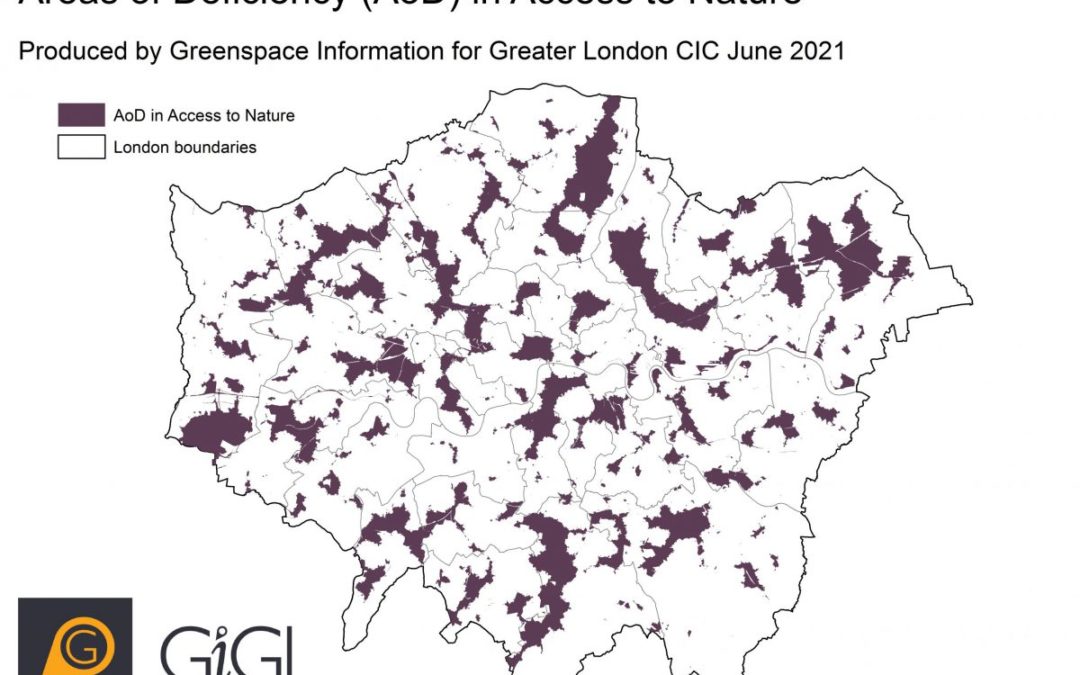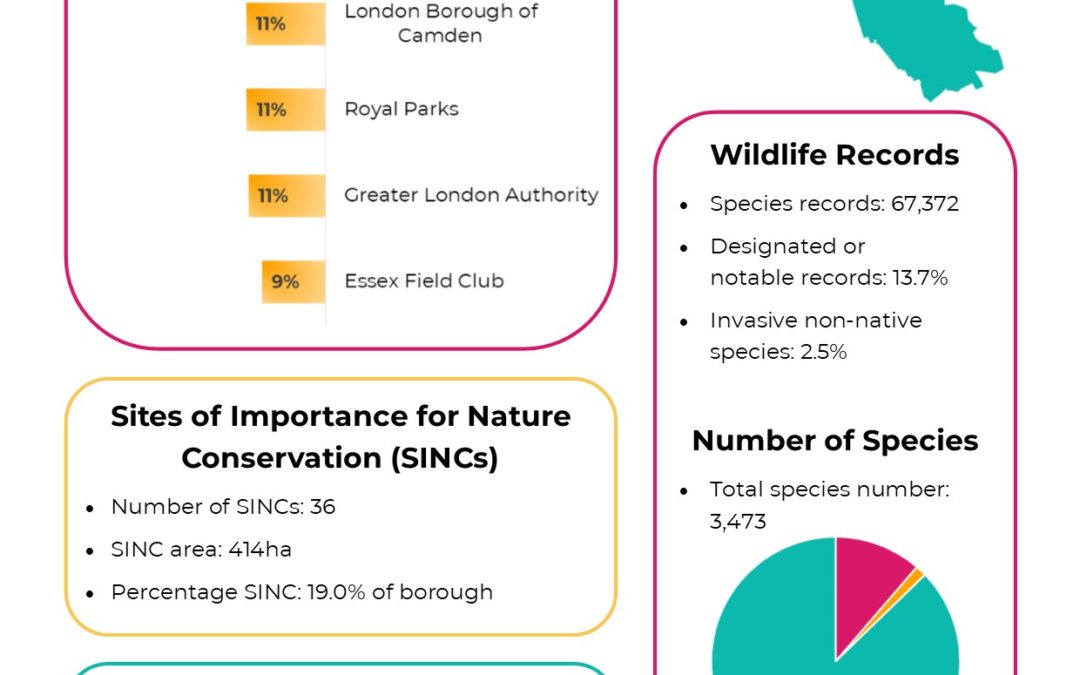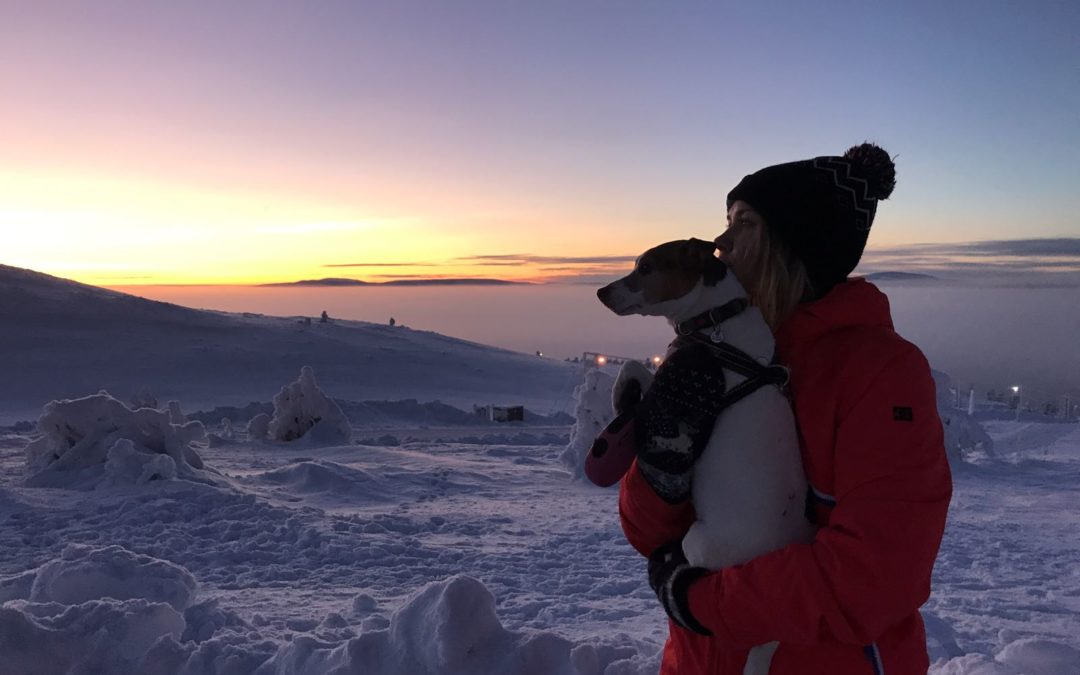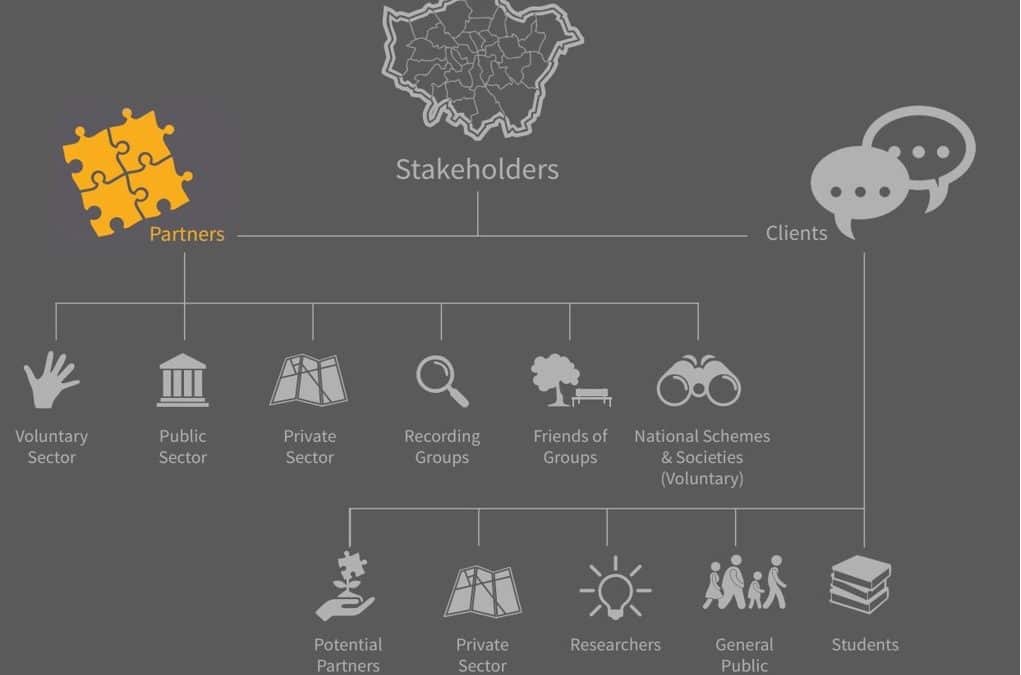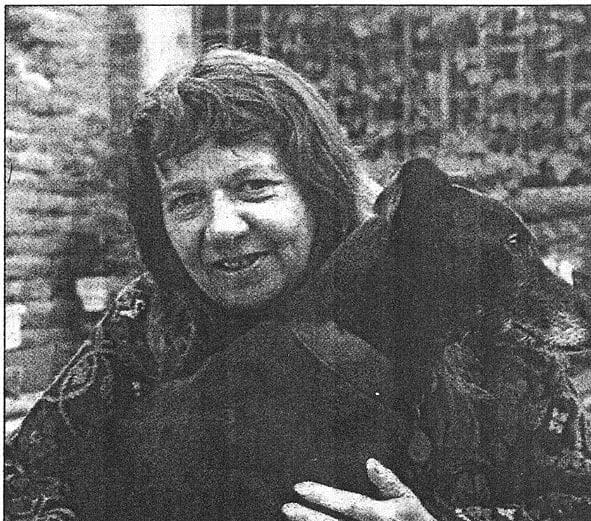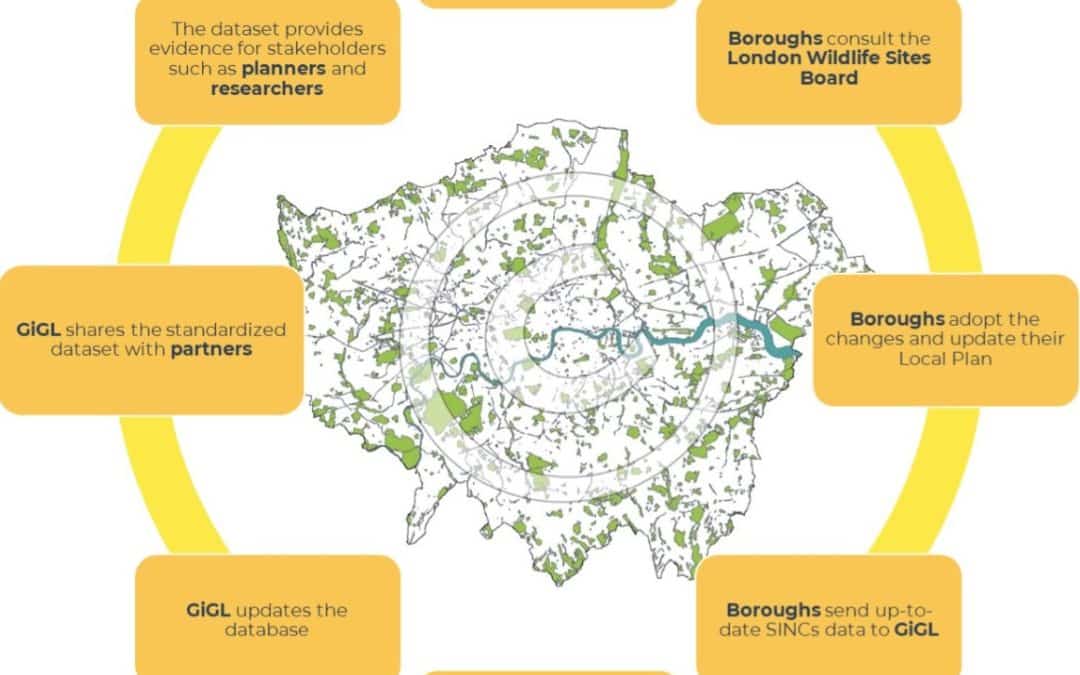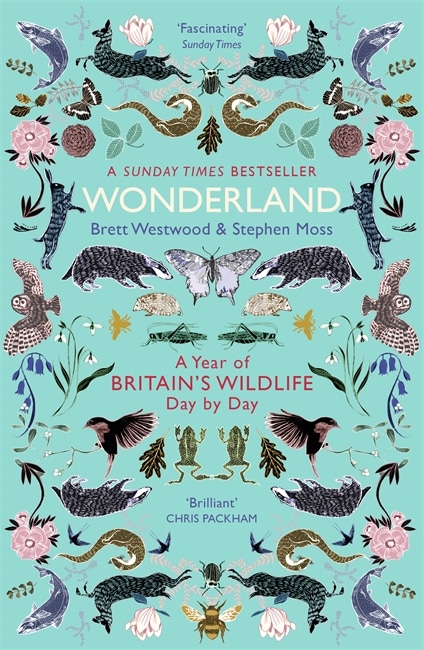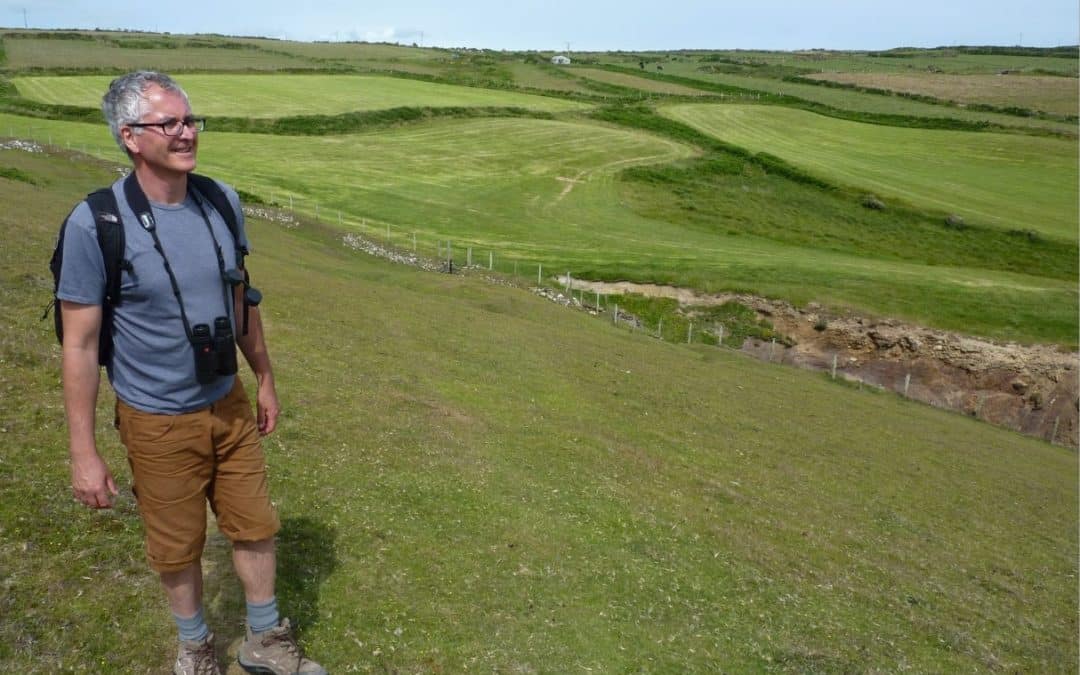It’s been an exciting time at GiGL HQ these last couple of months; a period of change, rebuilding and planning. There were farewells and welcome additions to the GiGL Family, as well as time spent reviewing GiGL’s systems and services to better communicate how we serve Londoners and the biodiversity around them…


